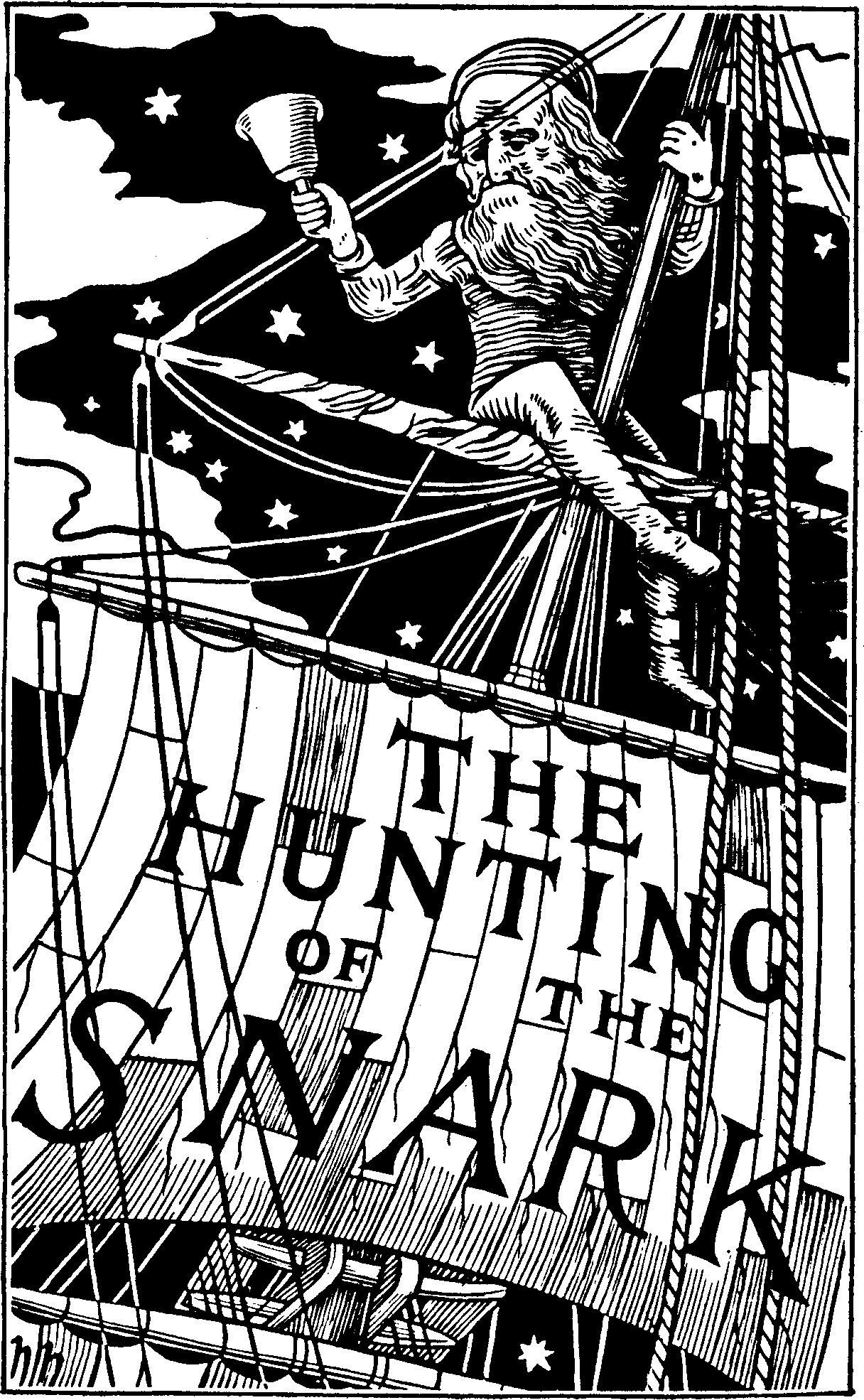You and I are not going to see eye to eye on this. There is most certainly a paralysis of emotional development in Huck as soon as Tom arrives, and it follows through right to the end of the narrative, with perhaps the only exception being his decision to strike out for the west. If the narrative arrived at a "tight narrative corner," that is Twain's doing and he should not be excused for it. I also don't think the only solution was to bring back Tom.Quoting Irish (view post)
I lack no context of the picaresque novel. My degree was in literature, and I have a vast amount of experience with the genre, having read Candide, Gulliver's Travels, Don Quixote, Joseph Andrews, Kim, Evelina, etc., all of which qualify to varying degrees. First, Huck Finn isn't a strict picaresque novel. It shares common threads, but also strays from the genre in many ways. Second, it is not a staple of the picaresque novel to derail a character arc, something I cannot be dissuaded that Twain does with Huck when Tom arrives. You can have no character arc, and that occurs in many early examples, but again, Huck most certainly is evolving as a character throughout the journey. What comes before Tom is a beautiful, complex bildungsroman that is at turns thoughtful, funny and elegiac. What comes after Tom's arrival is a reversion, if slightly more mature, to the more simple madcap adventures of Tom's own novel, in which Huck goes from evolving, intelligent leader to stunted, intimidated, passive spectator.






 Reply With Quote
Reply With Quote










 forum
forum